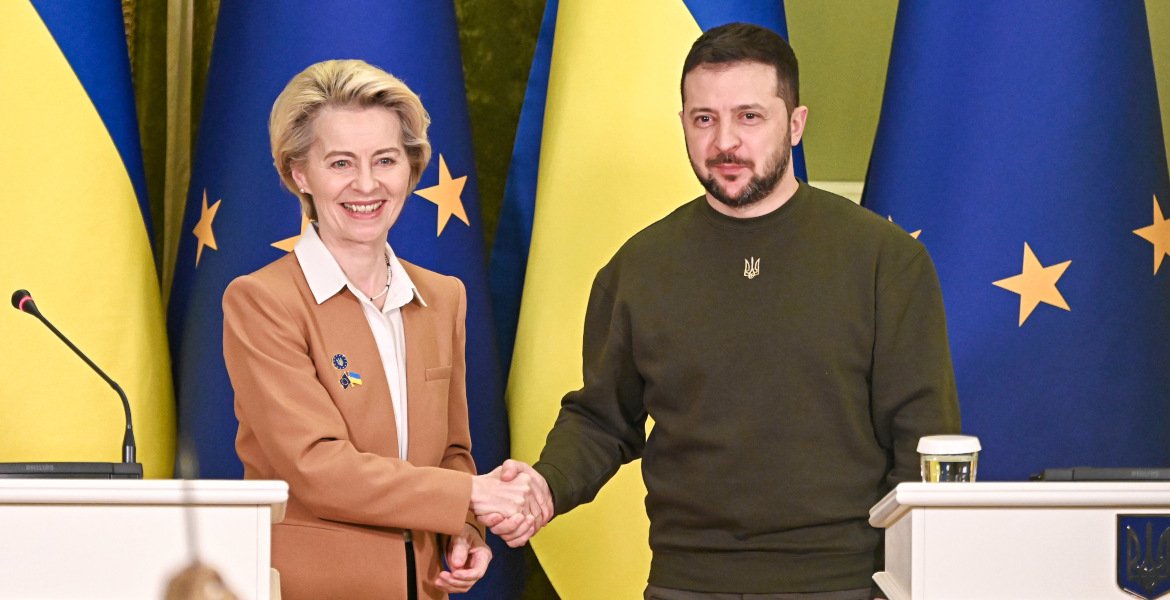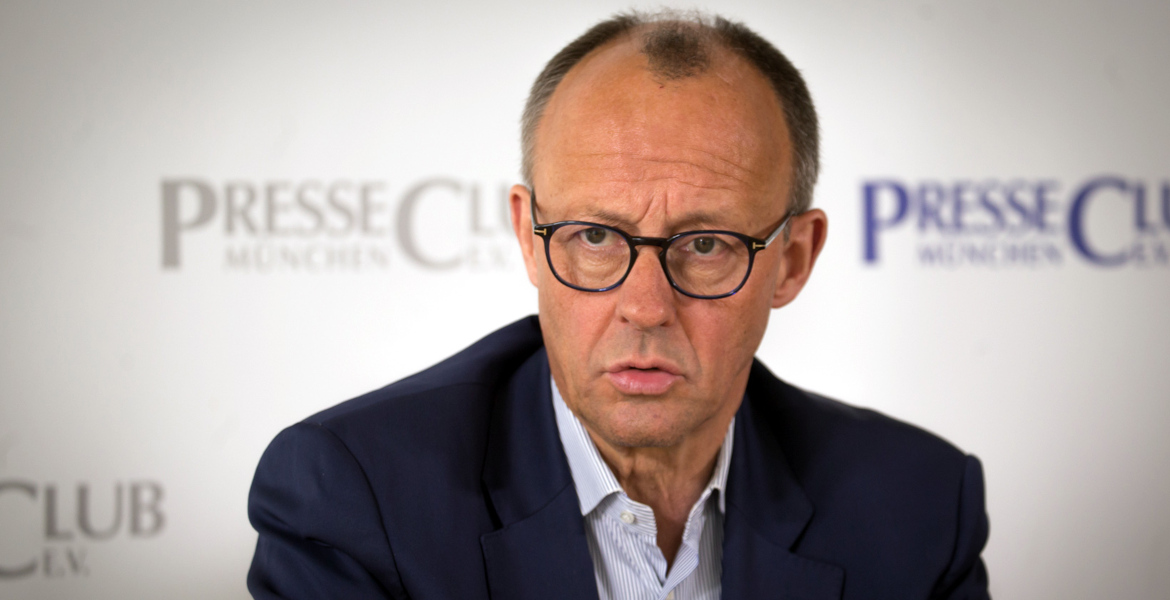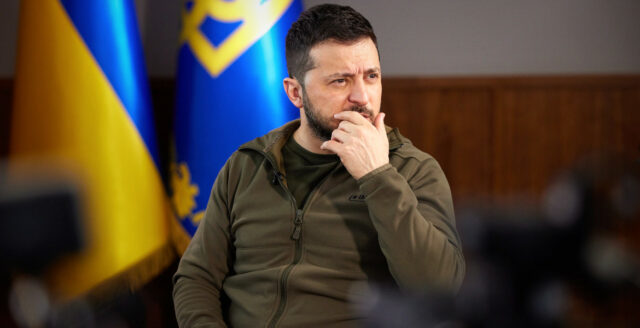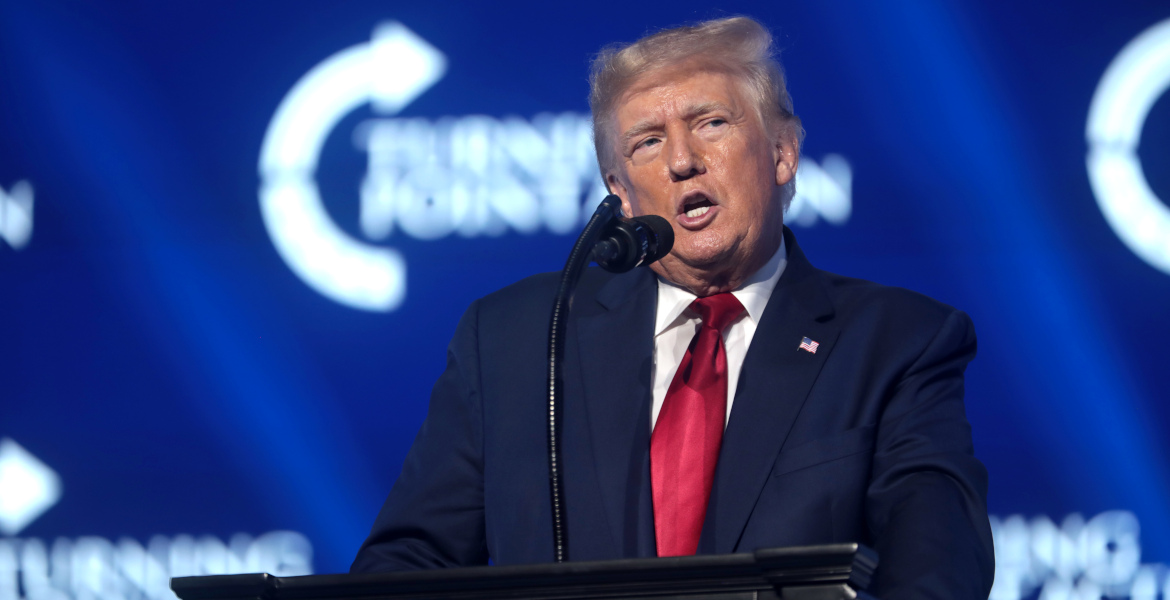Faith in God in the US is declining, according to a new survey. Today, less than 50 percent are convinced of God's existence and 34 percent of Americans never attend church, the lowest recorded figures ever.
The General Social Survey, conducted by the University of Chicago's NORC research group, has been measuring social trends in the US since 1972. The latest survey found that just under 50 percent of Americans are convinced of God's existence, the UK's Independent reports.
Faith in God is on a downward trend; in 1993, for example, two-thirds were convinced in their belief in God, while in 2008 it dropped to around 60 percent.
The survey also found that 34 percent of Americans never go to church, the lowest figure since the 1970s. In contrast, only seven percent said they do not believe in God at all, while three-quarters say they believe in an afterlife.
According to a Paw Research Center study from last year, about 90 percent identified themselves as Christians in the United States by 1990, a figure that has dropped to less than 70 percent, according to the research.
Today, about 13.6 percent of Americans consider themselves part of the Protestant evangelical Christian movement, down from 23 percent in 2008. 12.6 percent describe themselves as Catholic, down from 16 percent.
Around 15 percent say they are non-denominational Protestants, or 'nons'. These people often report attending 'megachurches', i.e. huge churches with many members, often of a Protestant orientation.





